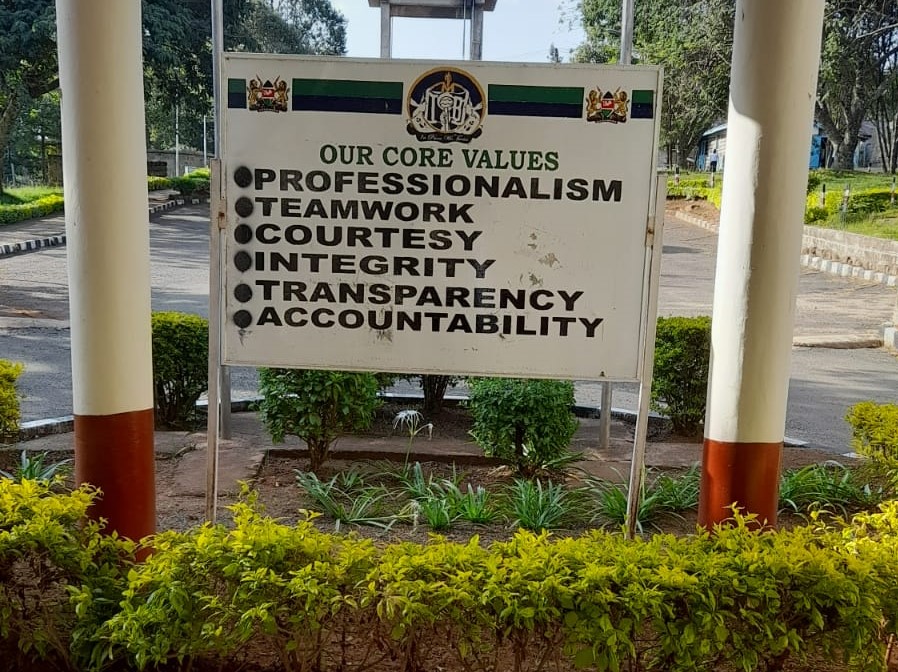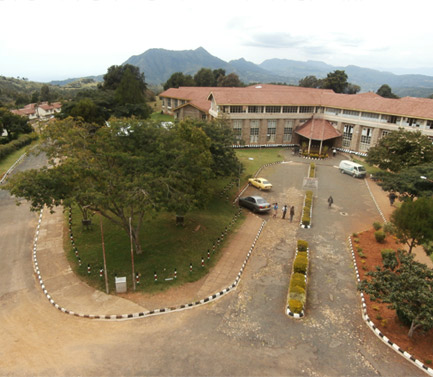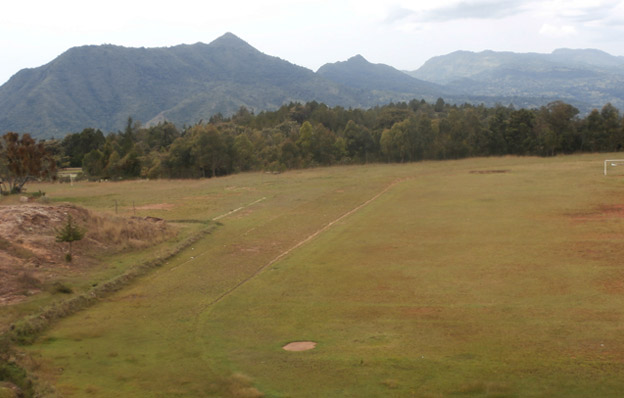Brief History
Overview of Moi Teachers College-Baringo
Moi teachers’ college-Baringo was established in 1991 as a public primary teachers’ college. Currently the college is offering DTE(DIPLOMA IN TEACHERS EDUCATION),after Diploma in primary teacher education(DPTE) was merged with Diploma in Early childhood Education(DECTE).We therefore prepare teachers who will facilitate learning from PP1 to Grade 6.
As of May 2025 the college has 1018 regular students.We also have a workforce of 31 Teaching staff and 45 Non-teaching staff.
College Governance and Management
Governance is the process and structures that direct and manage the affairs of the college to enhance performance and corporate accountability with objective of realizing long-term stakeholders’ values, while taking into account the interest of all stakeholders. It is anchored on the principle of professionalism, integrity and accountability as Stipulated in the constitution of Kenya 2010. The college governance and management comprise of Board of Management constituted as per the Basic Education Act of 2013 and the college administration headed by the Chief Principal.
Board of Management
Board of management consist of twelve (12) non-executive member and one executive member (the Chief Principal), the Area chief and MP Representatives as ex-officio members. Corporate governance places responsibility of the overall institution’s strategy, financial operation and compliance issues and policies on the Board.
To efficiently discharge its mandate, the board has established six (6) committees with specific terms of reference to work through. These committees are: Executive Board, Finance, Procurement and General purpose; Academic standards, Quality and Environment, Audit and Risk Committee, Discipline, Ethics and Integrity, and Human Rights. The Chief Principal, who is the Executive Officer carries out day to day activities of the college.
Management Structure
The current structure provides for eight (8) academic departments which support the chief principal as follows; deputy principal, 2 deans (Dean of Students and Dean of Curriculum), Academic Departments and support staff with nine sections.
Student Leadership
Student leadership comprise of 23 members democratically elected by bona fide students every academic year in accordance with the Current Basic Education Act, 2013.
Motto
In peace we Train.
Vision
A centre of excellence in pre-service and in- service teacher training.
Mission
To train and produce competent teachers who are positively responsive to their environment and professional challenges in Kenya and beyond.
Quality Policy Statement
Policy is a critical tool for guiding all operations in any cooperate organization.
It improves competitiveness, leading to higher performance and efficiency.
The college is the process of acquiring ISO certification and once complete, the college policy will be well stated.
Our Commitment
To improve on performance in PTE examinations, to improve in participation and performance in co-curricular activities at all levels, develop capacity in ICT, Enhance HIV/AIDS sensitization activities ,Enhance and develop income generating projects, customer satisfaction and to strengthen institutional capacity to enable it deliver its mandate
Our Core Values
We embody Professionalism, Teamwork, Courtesy, Integrity, Transparency, Accountability



